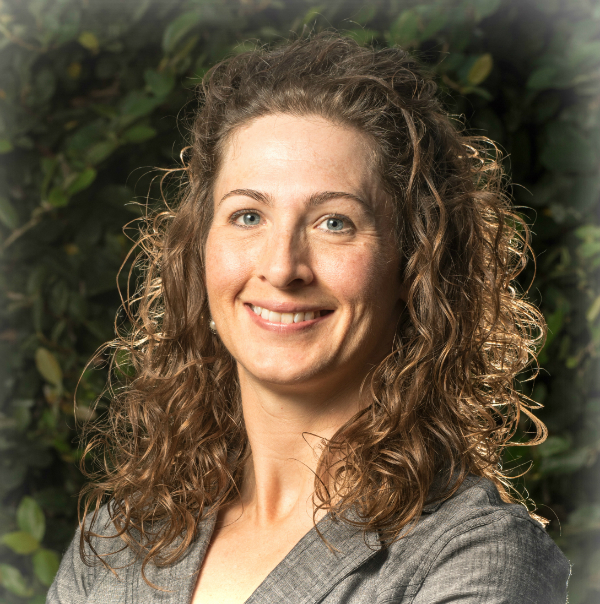“What’s your greatest weakness?” the interviewer asked me. I resisted the urge not to roll my eyes in exasperation. That has got to be the worst interview question – ever. Problem is, many employers are still stuck in the 80’s with behavioral-based interview questions. The good news is: there is a great way to answer the worst interview question.
The Demoralizing Question
What do you do when you get hit with one of the all-time worst interview questions: “What’s your greatest weakness?” I don’t recommend that you answer with: “Chocolate Ice Cream” unless you know they have a sense of humor. If you are stuck with Stoic Stan and Serious Sally for interviewers then you might want to play along with an equally serious answer. Regardless, this question in its many forms is borderline insulting.
– Liz Ryan, CEO of The Human Workplace
Flip the Question Around
You may want to escape the room and run madly towards the exit. Relax, you can handle this! Just smile and proceed to knock their silly over-used question out of the park!
The best way to answer the worst interview question ever is to flip it around to a positive impact statement! For example: one of my clients, Sarah, is very detail-oriented. So much in fact, that she saved her former employer hundreds of thousands of dollars by finding multiple mistakes in client contracts.
When she got asked, “What’s your greatest weakness?” this is what Sarah said:
“Well, I’ve heard that being detail-oriented can be considered a weakness. But in my case, it saved my former employer over $860,000 in potential legal fees because I was able to find easily overlooked mistakes left in multiple contracts during my tenure.”
Not a Weakness?
If your interviewer doesn’t think you answered the question – that’s their problem. The key is to flip the negative into an opening to talk about one of your positive professional impacts. If you must talk about a weakness – you can also address it something like this:
“I used to be weak in Excel, but I focused on solving the issue by taking courses to become proficient in the software. Now I utilize the tool to handle multiple priorities at my job and have even tutored others in Excel.”
It’s a weakness ‘story’ and explains that you are aware that you had an issue and how you proactively closed the gap. Everyone has opportunities to improve and no one is perfect. Many organizations want to understand how you solved a problem or that you are self-aware. It’s important to be reasonably authentic in your journey towards professional development.
Tell Stories with Impact
It’s important to tell stories with impact during an interview by understanding your accomplishments. This is the most undervalued and overlooked part of a professional’s career. If you want to hook a hiring manager’s attention in your resume or put the ‘wow’ factor in your interviews: you must be able to communicate your professional impact.
An accomplishment is not just an award you got at work. Accomplishments are anything that you did to positively impact the organizations you worked for.
– Rick Gillis
Here’s tip to help you articulate your professional accomplishments: create an Impact Inventory. This process starts with your most recent job first. Think of anything you’ve achieved or improved to help the organizations you worked for. Perhaps you are in the business of risk avoidance. It helps to clearly communicate that you didn’t just show up and collect a paycheck.
Most people get stuck because they think, “I was just doing my job well”. Think about it like this: what would have happened if you weren’t there doing your job that well?
Remember, You’re Interviewing Them Too!
Don’t be afraid to ask questions of your own. Interviews are not interrogations. A job is a relationship and an interview goes both ways. Before you enter into a long-term relationship, you want to know as many details as possible.
Prepare some questions specific to the job: expectations of performance, key deliverables, and structure are all important to know before you accept the position. Ask some culture-specific questions. Most people stay at organizations because they like the people they work with!
- “What is the work culture like? Is the environment innovative … collaborative … energetic?”
- “How do people interact and connect with others?”
- “What are your expectations from this position over the next 30, 60, 90 days?”
- “If you were to rank them, what are the three traits your top performers have in common?”
- “What are the company’s highest-priority goals this year, and how would my role contribute?”
The typical adult spends over 60% of their working lives on the job. There’s no reason to enter into a working relationship with an organization blind. Also, by understanding your professional value you can be better prepared to flip those negative questions on their head!
Originally published at www.uppsolutions.net

